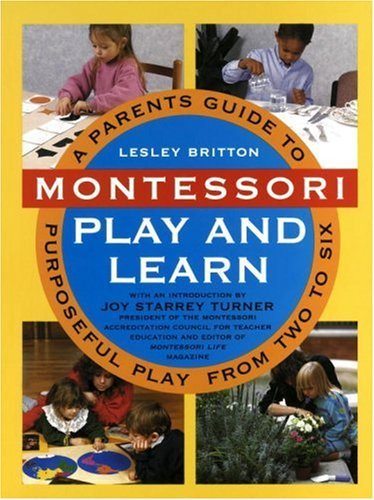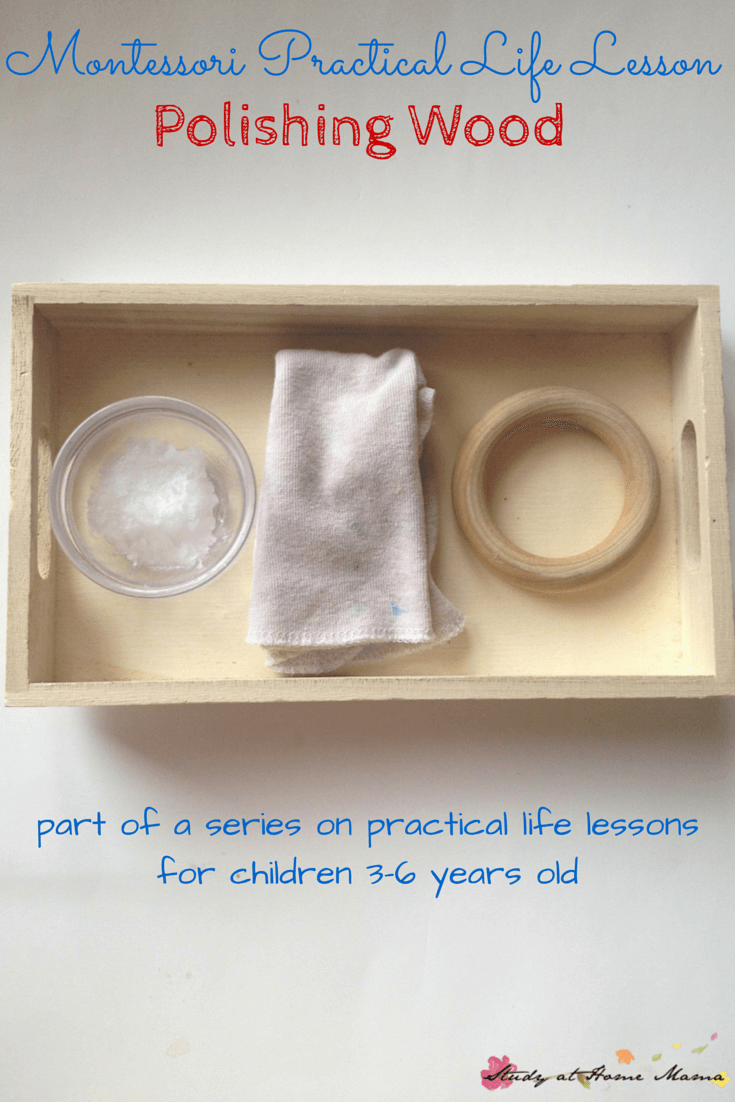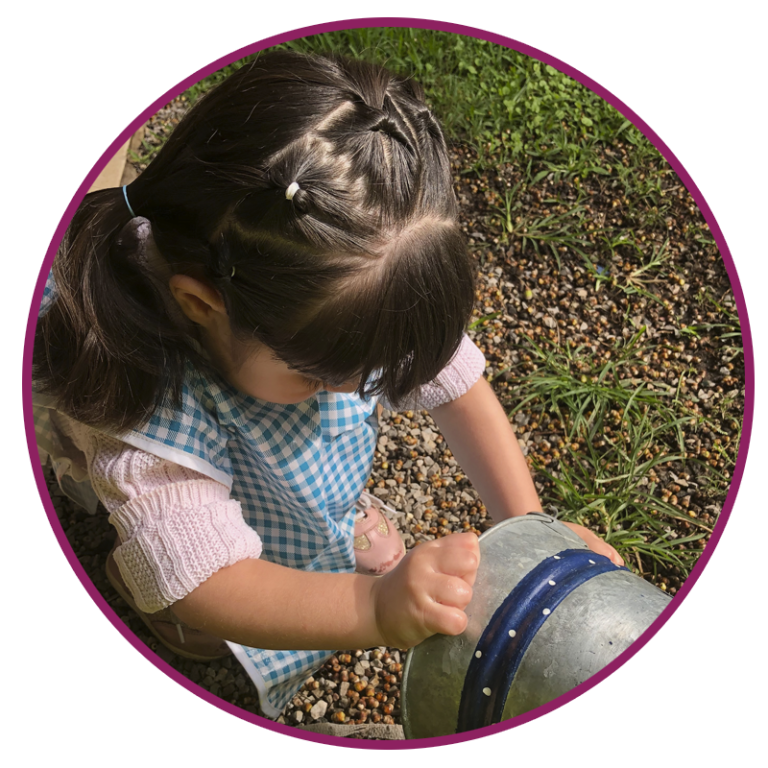

Although small changes are made reflecting newer research on how children learn, particularly in good neighborhood elementary schools, most of the time, in most U.S. For example, adding the technique of having children work in ‘co-operative learning’ teams is quite different than a system in which collaboration is inherent in the structure” (Rogoff, Turkanis, & Bartlett, 2001, p. “Adding new ‘techniques’ to the classroom does not lead to the developmental of a coherent philosophy. A professor of education might develop a new reading or math program that is then adopted with great fanfare by a few school systems, but the curricular change is minute relative to the entire curriculum, and the Lockean model of the child and the factory structure of the school environment still underlie most of the child’s school day and year. However, although schooling is changing, those changes are often relatively superficial. Montessori discovered in the first half of the 20th century.

One could take the view that over the years, conventional schooling has gradually been discovering and incorporating many of the principles that Dr.

Some people will read the chapters to come and respond that their own children’s schools are incorporating evidence-based changes, making them more like Montessori schools-eliminating grades, combining ages, using a lot of group work, and so on. “Innovations are happening in conventional schooling.


 0 kommentar(er)
0 kommentar(er)
